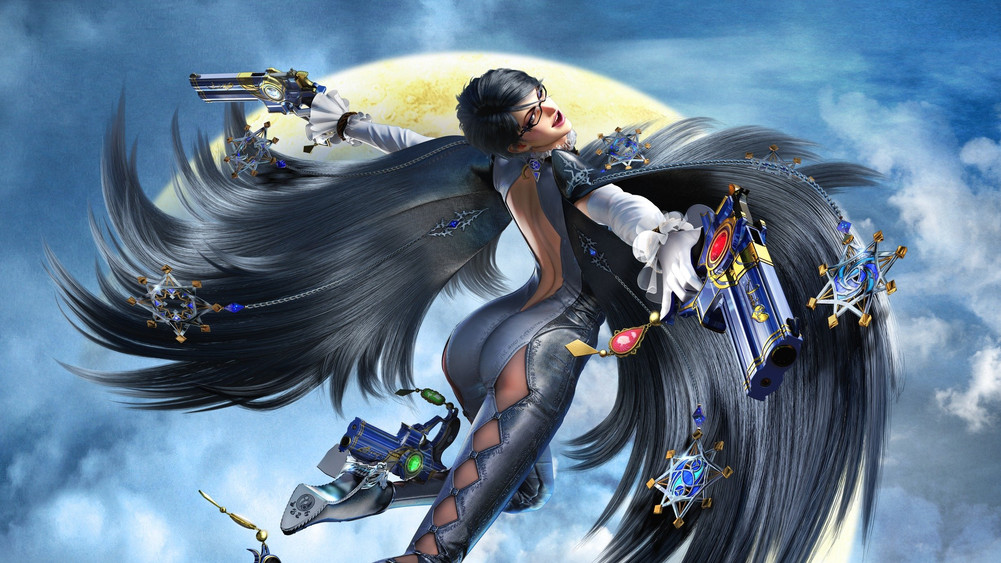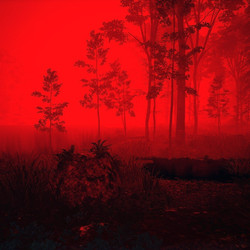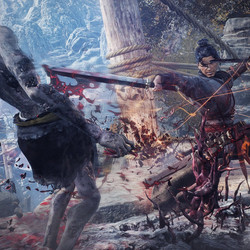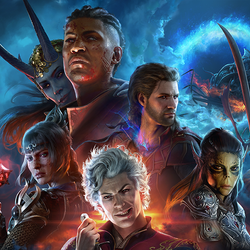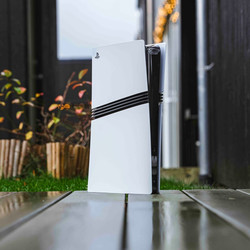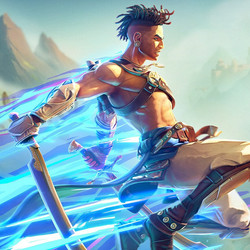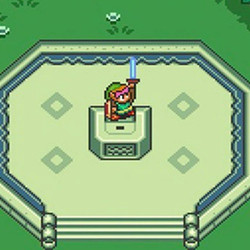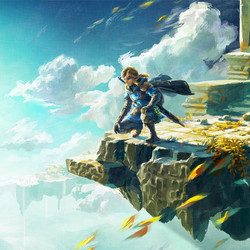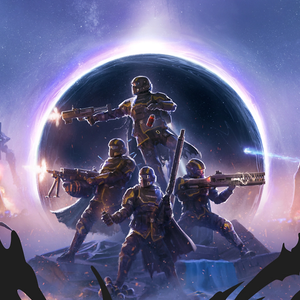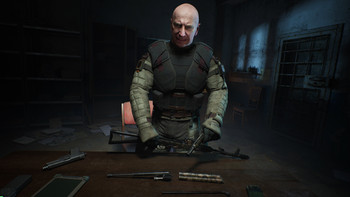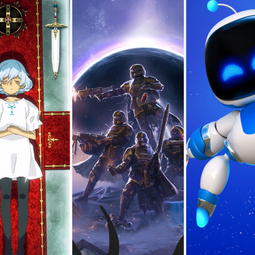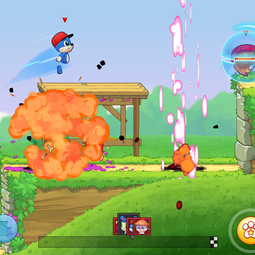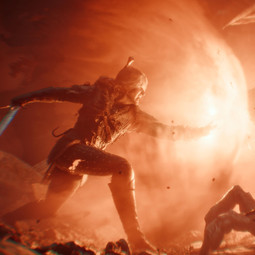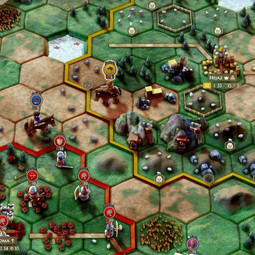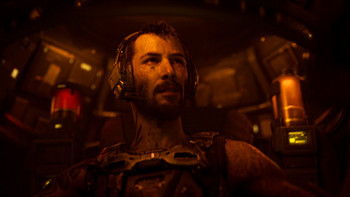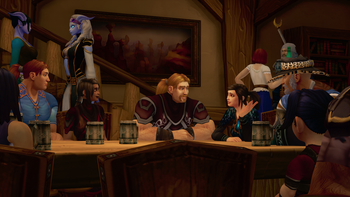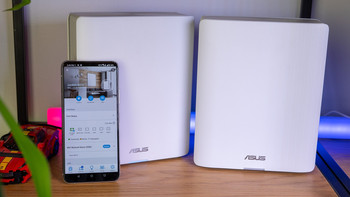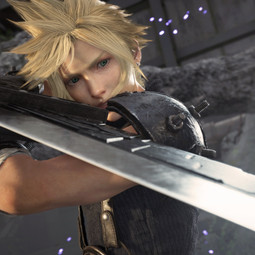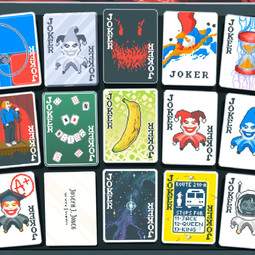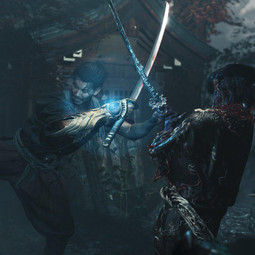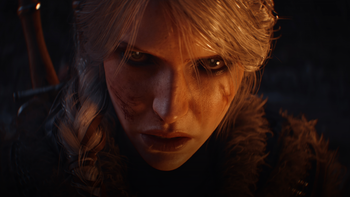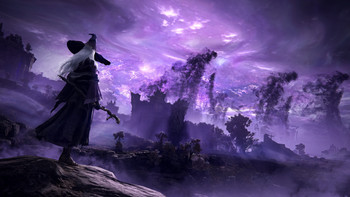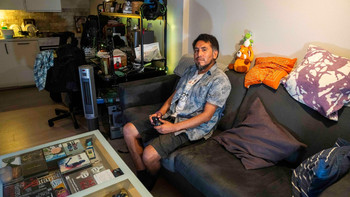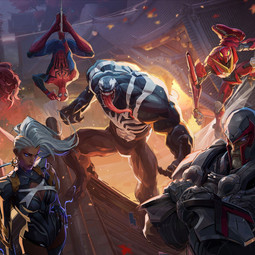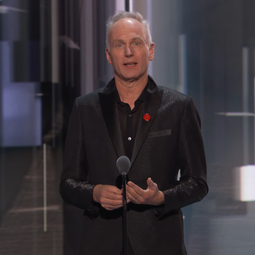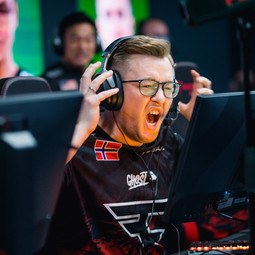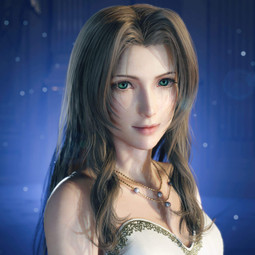Vil du lese denne kommentaren på norsk? Her er originalartikkelen »
Reviewing games used to be a straight-forward process in the early years of Gamer.no's existence. We would recieve a copy of the game, play through it, and write our opinion. No one told us when we could start playing, when we could have an opinion, and least of all; what we could have an opinion on.
As our readership grew we saw a greater need for timely reviews, preferably published on launch day at the latest. In order to gain early access to games we have had to sign Non-Disclosure Agreements in which we agree to not publish our thoughts before a given date, usually a few days before the game hit the shelves.
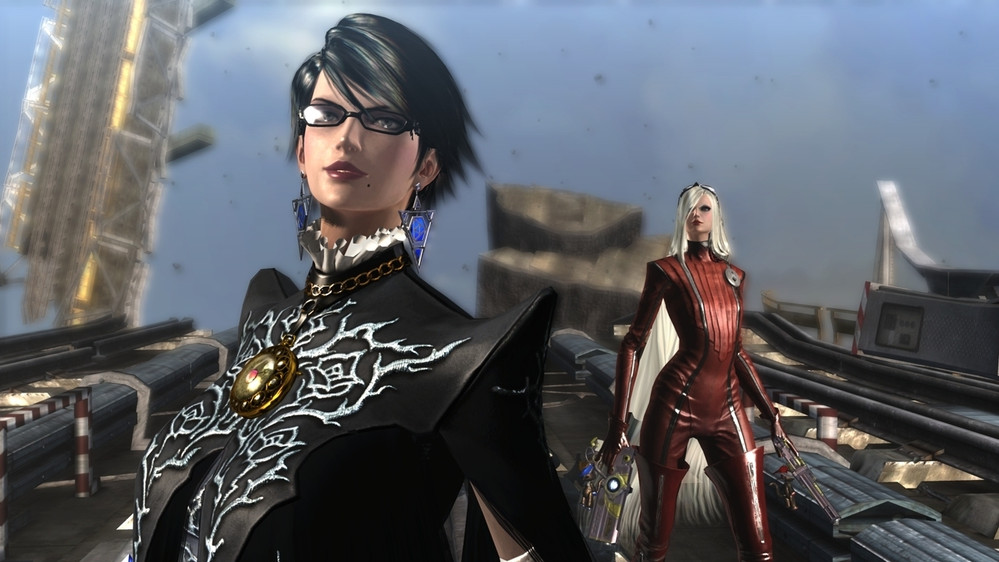
These agreements rarely cause any problems for us. After all, it levels the playing field for the various media outlets, we are usually given enough time to make a fair assessment, and we can still write exactly what we want.
Unreasonable terms
While this type of agreement has become common for most game publishers and distributors, some have elected to push the envelope further and further in recent years. Nintendo and Square Enix are among the worst offenders. To gain access to their games before launch, we are often required to accept a series of terms that in our opinion make it difficult to maintain sound press ethics and principles.
The agreement attached to the early review copy of Bayonetta 2 is perhaps the most limiting we have seen so far. Basically, it asks that we do not discuss the story after a certain chapter, and we are not allowed to take screenshots or capture videos over a certain length. There are also specific restrictions to which costumes, weapons, equipment, enemies, and game modes we are allowed to talk about. The list of what we are not allowed to talk about is extensive.
Let me clarify two important points before I move on:
- We are very conscious of not revealing the story or events in games that players should experience for themselves. It is important to us that the reader is allowed to experience this for the first time as they play through the game. At the same time, we want to decide for ourselves what we can and cannot write, rather than have someone decide for us. It is entirely possible to share our opinion of the story without revealing the plot.
- We always receive the game anyway. The only difference is that when we do not sign the agreement, we do not get it until on or after the day of launch. The review is then published once we have played enough of the game.
The most intricate Non-Disclosure Agreements still pose a number of challenges.
Picture this scenario: A game has a spectacular build-up, the story is grand and compelling, the levels are varied and wonderful – up to a particular point. Towards the end of the game, everything falls apart and the game takes a nose dive just before the credits. Perhaps there is a game breaking glitch, maybe the story collapses, or maybe something else happens that deserves criticism. You never know. At the same time, Gamer.no has signed an agreement saying we can't write about anything we experience in the final three chapters. As a result, we can't share these issues with our readers.
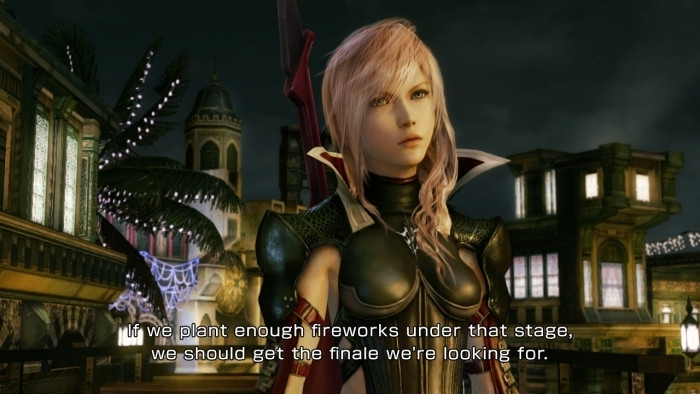
No unofficial screenshots
The aforementioned Bayonetta 2 agreement is among the most detailed we have received, but we have seen several similar cases in the last few years. Prior to the release of Square Enix's Thief reboot, the publisher presented us with an agreement listing a series of elements in the game that we were not allowed to talk about. Although we agreed that it would be unfortunate to point out many of these elements in the review, knowing that we cannot say what we want about our experience after a given point in the story is difficult.
Another example from Square Enix comes from the game Lightning Returns: Final Fantasy XIII. In the agreement they sent us, it was stated quite clearly which parts of the game we could talk about and which we could not. Additionally, taking our own screenshots of boss battles, the story, and the pre-rendered graphics was prohibited.
When New Super Mario Bros. U was released in 2012, we had to agree to not reveal or mention anything past the fifth world if we wanted early access to the game. As we had no idea what the game had to offer beyond the fifth world, we could not accept an agreement telling us not to write about it. Nor were we allowed to say how many challenges were in the game.
Difficult to compete with other media outlets
We understand that game developers want their games to remain unspoiled by the press. No one likes a spoiler, and you would definitely react strongly if we revealed details of a story that would ruin your gaming experience. However, we could never sign a document barring us from criticising or discussing certain aspects of a game. How we handle the games should always be entirely up to us. 90 percent of the time, the contents of a game are revealed long before launch anyway so why should we agree to not write about something everyone already knows or can easily find out on their own?

Some cases even restrict what we may use our review code for. For instance, Nintendo and Square Enix often notify us that we are not allowed to create guides or any articles other than a review using the code they have given us – both before and after the game's launch. Our sister website regularly performs benchmark tests, among other things, on games and usually borrows games from us for various purposes. If we were to sign an agreement limiting our use of the game to reviews only, this would no longer be possible.
Gamer.no will not accept these types of Non-Disclosure Agreements. The downside to taking such a stance is that we can't compete against Norwegian and international media outlets that do accept these terms. Publishing reviews before a game hits the shelves will sometimes be challenging, making it difficult for us to warn people not to purchase turkeys such as Aliens: Colonial Marines.
However, maintaining good press ethics and principles is important to us, and these fall by the wayside when we comply with such limiting agreements. Our staff wants the freedom to mean what we want, about whatever we want. Making up our own opinions on what is sensible to include in a review is important to us. That goes equally for what not to include.
We therefore always encourage publishers, developers, and distributors to stop using these agreements as they are not in the best interest of the consumer.
Both Square Enix and Nintendo were given the opportunity to give reasons for why they employ such restrictive agreements. Square Enix declined to comment, and we never heard back from Nintendo's European office. However, Nintendo's PR and distribution partner in Norway, Bergsala, wrote the following in an email to Gamer.no:
«The purpose of the Non-Disclosure Agreements is clearly stated in the agreements. They are there to:
- Maintain the embargo. This is obviously the most important part. Unfortunately there are cases of journalists breaking the embargo, so the agreements are absolutely necessary.
- Make sure the review copies are used for reviews, not for walkthroughs, guides, and spoilers before the game is launched on the European market.
Of note: The agreement originated as a result of several journalists breaking embargoes over the course of many years.»
